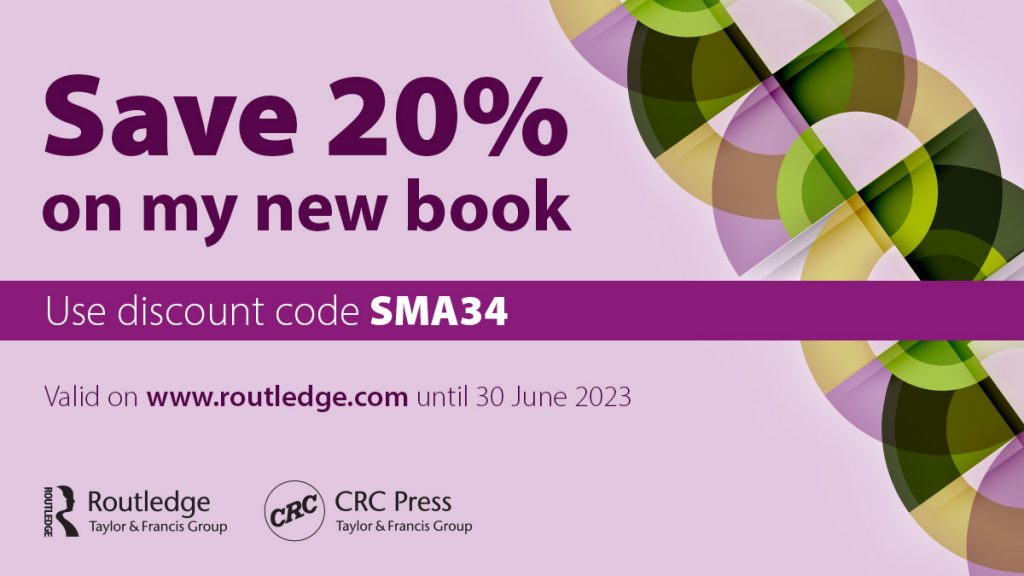A new global study of miscarriages of justice has highlighted the ‘institutional reluctance’ of criminal justice systems to admit mistakes and calls for ‘honest and open reflection’ to make necessary systematic changes. ‘Miscarriages of justice pose less of a threat to trust in criminal legal system if they are downplayed as isolated aberrations,’ writes Jago Russell, former chief executive of the international legal charity Fair Trial, in a new book published this month.
 Murder, wrongful conviction and the law: an international comparative analysis brings together 14 experts in wrongful convictions from around the world including the US, Canada, Argentina, France, Germany, Italy, Spain, Sweden, Norway, Taiwan, New Zealand, and Australia. ’Every country’s criminal legal system makes mistakes,’ writes Jago Russell in the book’s concluding chapter. ‘Honest and open reflection about the causes of these mistakes is crucial to the systemic change our justice systems require. It is the very least we owe to the people whose lives have been damaged and destroyed by wrongful conviction.’
Murder, wrongful conviction and the law: an international comparative analysis brings together 14 experts in wrongful convictions from around the world including the US, Canada, Argentina, France, Germany, Italy, Spain, Sweden, Norway, Taiwan, New Zealand, and Australia. ’Every country’s criminal legal system makes mistakes,’ writes Jago Russell in the book’s concluding chapter. ‘Honest and open reflection about the causes of these mistakes is crucial to the systemic change our justice systems require. It is the very least we owe to the people whose lives have been damaged and destroyed by wrongful conviction.’
In his overview, the solicitor highlights was he calls the ‘myth of exceptionality’. ‘The cases that are recognised as wrongful convictions are likely to represent the tip of the iceberg in most countries,’ he argues. ‘There are many reasons why governments and judges would wish to keep most of the iceberg beneath the surface.’
Contributors to the edited collection come from a broad range of disciplines including academia, the law, psychology, and journalism – full details below. They were sent an editorial brief identifying common themes contributors would be expected to cover including any possible estimates as to how many miscarriages there might be in a jurisdiction and how many convictions are overturned (or otherwise recognised); to describe the legal mechanism for the correction of a wrongful conviction as well as arrangements for compensating the victims of miscarriages; and common causes of miscarriages of justice.
Experts were also asked to consider the profile of ‘miscarriages of justice’ in their jurisdiction in light of the reawakened interest as result of the global success of US documentaries such as Making a Murderer and true podcasts such as Serial and consider how important wrongful conviction been in driving criminal justice reform and to describe high profile cases which have had a particular impact on the public and led to significant reform.
‘The debate about our criminal justice system and the treatment of the victims of miscarriages of justice needs to be reenergised,’ writes Barry Sheerman MP, co-chair of the All-Party Parliamentary Group on Miscarriages of Justice in his foreword. ‘We need radical new ideas. We welcome this project.’ The MP notes that the ‘last major structural change to our system of criminal appeals’ was the establishment of the Criminal Cases Review Commission (CCRC). ‘This exciting innovation was introduced in response to the public outrage over a series of wrongful convictions, notably the Birmingham Six and the Guildford Four,’ argues Sheerman; noting it has been ‘a model that has been exported to Scotland, Norway, New Zealand and Canada’ which have all since introduced their own commissions.
Sheerman pointed out that the the APPG, in its Westminster Commission on Miscarriages of Justice report published in 2021, called for a review of the system of criminal appeals in England and Wales. ‘We are delighted to see that our key recommendation has been accepted and the Lord Chancellor has supported our call for the Law Commission to review the criminal appeals system.’
Sheerman points out that the AAPG report called for a new statutory test to replace the ‘problematic’ real possibility test. ‘We argued that this encourages the CCRC to the APPG’s report criticised the test for leaving the CCRC ‘overly deferential to the Appeal judges – and we believe that a new statutory test would give the CCRC permission to be bolder and the truly independent watchdog we need.’
Jago Russell highlighted ‘deference to the initial decision-maker’ in many of jurisdictions as one of a number of ‘obstacles to reform’. He also pointed out that those who suffer most often from miscarriages of justice were ‘often the most marginalised people in our societies’. ‘This may, in part, explain the failure of so many countries to put in place effective mechanisms to tackle wrongful convictions.’
Hr argued that racialised people were more likely to be drawn into criminal legal systems. In New Zealand, for example, Māori account for more than half of prisoners (53% ) but make up only 16% of the country’s population. In the US, African Americans represented 13% of the population but made up 37% of the prison population. He quoted contrbutor Professor Justin Brooks who reported that Black people are seven times more likely to be wrongfully convicted of murder and 12 times more likely to be wrongly convicted of drug possession in the US.
Contributors
- England and Wales: Dr Jon Robins
- France: Grégoire Étrillard & Cyrille Rossant
- Germany: Fredericke Leuschner & Martin Rettenberger
- Italy: Luca Lupária, Martina Cagossi & Marco Pittiruti
- Spain: Guadalupe Blanco-Velasco, Nuria Sánchez, and Linda Geven
- Netherlands: Linda Geven & Karien van den Doel MSc
- Sweden: Minna Gräns
- Norway: Prof Ulf Stridbeck & Tim Brennen
- USA: Justin Brooks
- Canada: Kent Roach & Felicity Williams
- Argentina: Manuel Garrido, Camila Calvo & Lara Benítez
- Australia: Robyn Blewer, Rachel Dioso-Villa, Lynne Weathered and Jason Murakami
- New Zealand: Mike White
- Taiwan: Mong Hwa
- Global overview: Jago Russell








